“Obey the dirty rules of this neighborhood” is a phrase that might seem unusual at first glance. However, it reflects a unique set of unwritten rules that govern the behavior of individuals in a specific fictional setting.
These “dirty rules” create an intriguing, if not controversial, framework within which the characters must operate, leading to a complex narrative filled with tension, conflict, and moral questions. This article delves deep into the meaning, context, and implications of “obey the dirty rules of this neighborhood,” providing insights and interpretations that go beyond the surface level.
Contents
- 1 Understanding “Obey the Dirty Rules of This Neighborhood”
- 2 The Broader Implications of “Obey the Dirty Rules of This Neighborhood”
- 3 Conclusion: The Complex World of “Obey the Dirty Rules of This Neighborhood”
- 4 FAQs About Obey the Dirty Rules of This Neighborhood
Understanding “Obey the Dirty Rules of This Neighborhood”
The Concept of “Dirty Rules”
“Dirty rules” refer to the unconventional, often unethical, and morally ambiguous guidelines that the residents of this fictional neighborhood must follow. Unlike traditional societal rules, these “dirty rules” are not codified laws but rather informal expectations that dictate behavior in the community. They are often rooted in power dynamics, manipulation, and control, leading to an environment where individuals must navigate carefully to survive or thrive.
The Origin of These Rules
The phrase “obey the dirty rules of this neighborhood” originates from a fictional narrative where a powerful figure or group within the community enforces these rules. The origin of these rules is often shrouded in mystery, adding to the intrigue and suspense of the story. They may have evolved over time as a means of maintaining control or asserting dominance over the residents, creating a tense atmosphere where everyone must comply or face consequences.
The Role of Women in This Neighborhood
A Specific Rule: No Underwear or Bras While Taking Out the Trash
One of the more explicit “dirty rules” mentioned in Chapter 16 of the narrative is that women are not allowed to wear underwear or bras when taking out the trash. This rule is a stark example of the control exerted over the residents, particularly women, in this community. It reflects a broader theme of objectification and subjugation, where women’s bodies are policed and controlled as part of the power dynamics in the neighborhood.
The Psychological Impact on Women
The imposition of such rules has a profound psychological impact on the women of this community. It strips them of their autonomy and dignity, reducing them to mere objects within the framework of the “dirty rules.” The narrative explores the internal struggles these women face as they grapple with the humiliation, fear, and anger that come with being subjected to such dehumanizing rules.
The Enforcers of the Dirty Rules
Who Enforces These Rules?
The enforcers of the “dirty rules” are often shadowy figures who wield significant power within the neighborhood. They may be individuals with wealth, influence, or a deep understanding of the community’s underbelly. These enforcers use fear, intimidation, and manipulation to ensure compliance with the rules, creating an environment where rebellion is dangerous, if not impossible.
Methods of Enforcement
The methods of enforcement are varied and often brutal. They can include public shaming, physical punishment, or even psychological manipulation to ensure that the “dirty rules” are followed. The fear of retribution keeps the residents in line, fostering a culture of silence and complicity.
The Moral Ambiguity of the Dirty Rules
The “dirty rules” present a significant ethical dilemma for the residents. On the one hand, following the rules may be the only way to survive in this oppressive environment. On the other hand, complying with such unethical guidelines means compromising one’s moral integrity. This moral ambiguity is a central theme in the narrative, challenging both the characters and the readers to question the nature of power, control, and morality.
The Consequences of Defiance
Defying the “dirty rules” is not without consequences. Those who choose to rebel or challenge the rules often face severe punishment, ostracization, or even death. The narrative explores the various fates of those who dare to resist, highlighting the high stakes involved in standing up against the system.
The Broader Implications of “Obey the Dirty Rules of This Neighborhood”
Power Dynamics and Control
The “dirty rules” are a manifestation of the power dynamics at play within the neighborhood. They are tools used by those in power to maintain control over the residents, ensuring that the status quo is preserved. The narrative delves into the intricacies of these power dynamics, exploring how they shape the lives of the characters and the overall atmosphere of the community.
The Role of Fear in Maintaining Control
Fear is a central element in maintaining control within the neighborhood. The enforcers of the “dirty rules” use fear as a weapon to keep the residents in line, creating an environment where silence and compliance are the only options. The narrative examines the psychological toll this fear takes on the residents, particularly those who are most vulnerable to the whims of those in power.
The Impact on Community Relations
Division and Distrust
The “dirty rules” create division and distrust among the residents of the neighborhood. They foster an environment where individuals are pitted against each other, either as enforcers or victims of the rules. This division weakens the community, making it easier for those in power to maintain control. The narrative explores the breakdown of social bonds and the erosion of trust as a result of the “dirty rules.”
The Possibility of Solidarity and Resistance
Despite the oppressive nature of the “dirty rules,” there is always the possibility of solidarity and resistance. The narrative hints at the potential for residents to come together and challenge the status quo, even in the face of overwhelming odds. This theme of resistance is a beacon of hope in an otherwise bleak environment, suggesting that change is possible if individuals are willing to stand together.
The Psychological Toll of Living Under the Dirty Rules
The Impact on Mental Health
Living under the constant pressure of the “dirty rules” takes a significant toll on the mental health of the residents. The narrative delves into the psychological impact of such an environment, exploring themes of anxiety, depression, and trauma. The residents are forced to navigate a world where their autonomy and dignity are constantly under threat, leading to a sense of helplessness and despair.
Coping Mechanisms and Survival Strategies
Despite the challenges, the residents develop various coping mechanisms and survival strategies to endure the harsh realities of their environment. These strategies may include conforming to the rules, finding small ways to resist, or even forming secret alliances with others who share their plight. The narrative explores these strategies in detail, highlighting the resilience of the human spirit in the face of adversity.
Conclusion: The Complex World of “Obey the Dirty Rules of This Neighborhood”
“Obey the dirty rules of this neighborhood” is more than just a phrase; it is a window into a complex and often disturbing world where power, control, and morality are constantly in flux. The narrative challenges readers to consider the ethical dilemmas faced by the characters and to reflect on the broader implications of such a society. Through its exploration of power dynamics, psychological impact, and the possibility of resistance, the story offers a compelling and thought-provoking examination of human nature and the consequences of living under oppressive rules.
FAQs About Obey the Dirty Rules of This Neighborhood
What are the “dirty rules” in this neighborhood?
The “dirty rules” refer to the informal, often unethical guidelines that govern behavior in a fictional neighborhood. These rules are enforced by powerful figures within the community and are designed to maintain control over the residents.
How do the “dirty rules” affect the women in the neighborhood?
The “dirty rules” have a significant impact on the women in the neighborhood, particularly through rules that objectify and control their bodies. One example is the rule that women cannot wear underwear or bras when taking out the trash, which reflects the broader theme of subjugation and control.
Can residents resist the “dirty rules”?
While resistance is possible, it is fraught with danger. Those who defy the “dirty rules” often face severe consequences, including punishment, ostracization, or even death. However, the narrative also explores the potential for solidarity and collective resistance among the residents.
What is the psychological impact of living under the “dirty rules”?
Living under the “dirty rules” takes a significant toll on the mental health of the residents, leading to feelings of anxiety, depression, and helplessness. The narrative explores the various coping mechanisms and survival strategies that individuals develop to endure these challenges.
Why are the “dirty rules” important to the story’s narrative?
The “dirty rules” are central to the story’s narrative as they create the framework within which the characters must operate. They serve as a lens through which themes of power, control, morality, and resistance are explored, adding depth and complexity to the narrative.





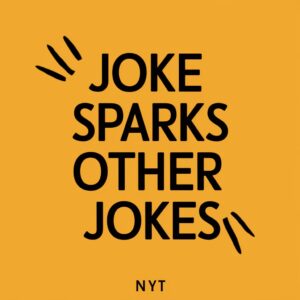
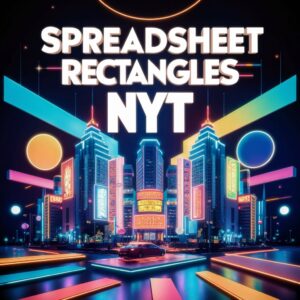



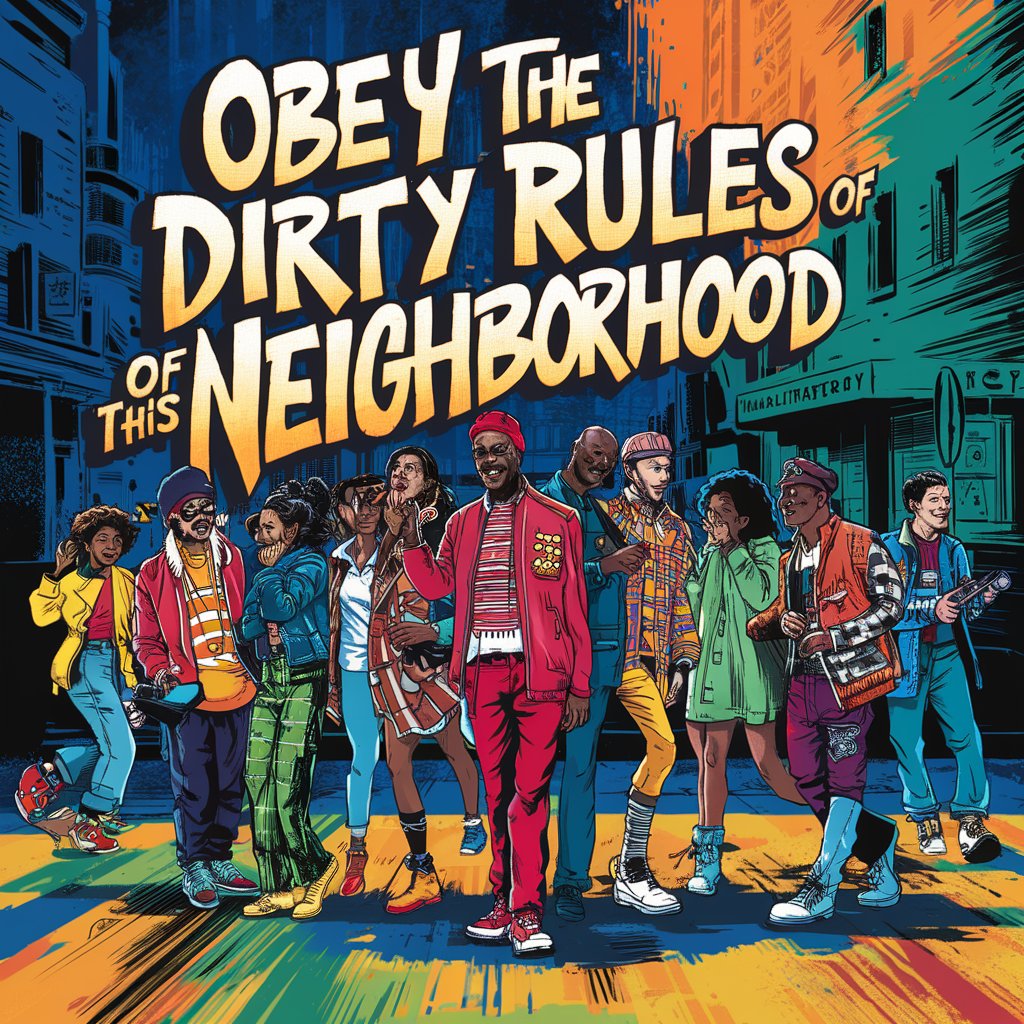

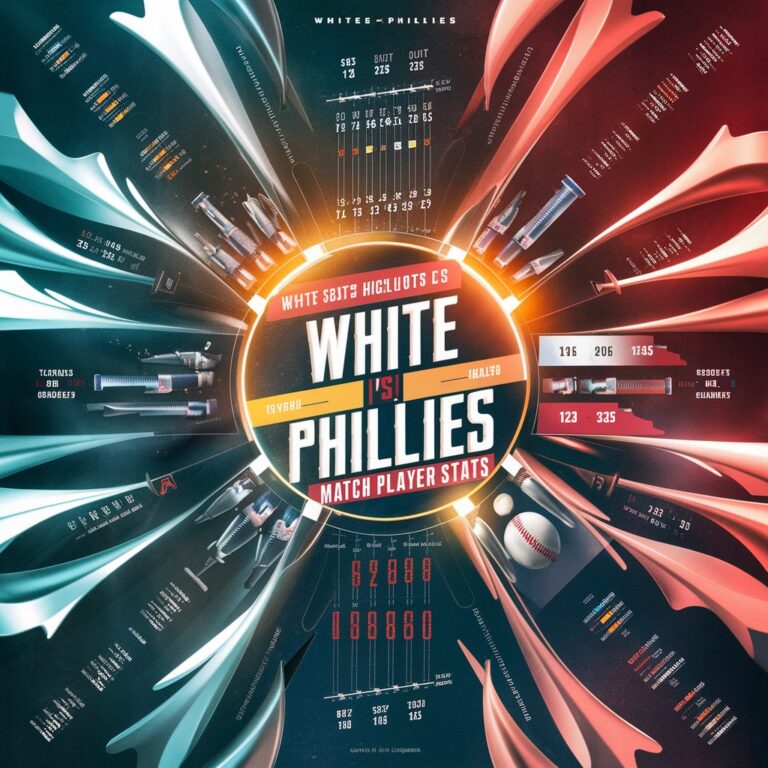
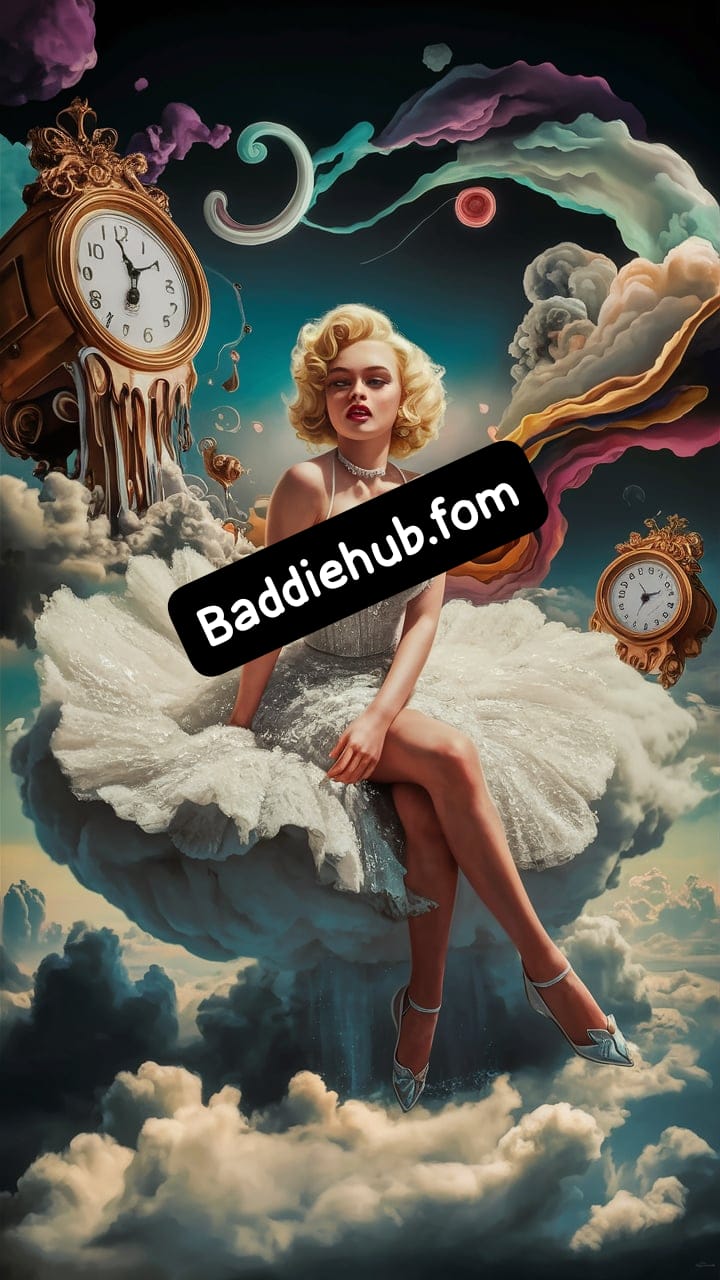




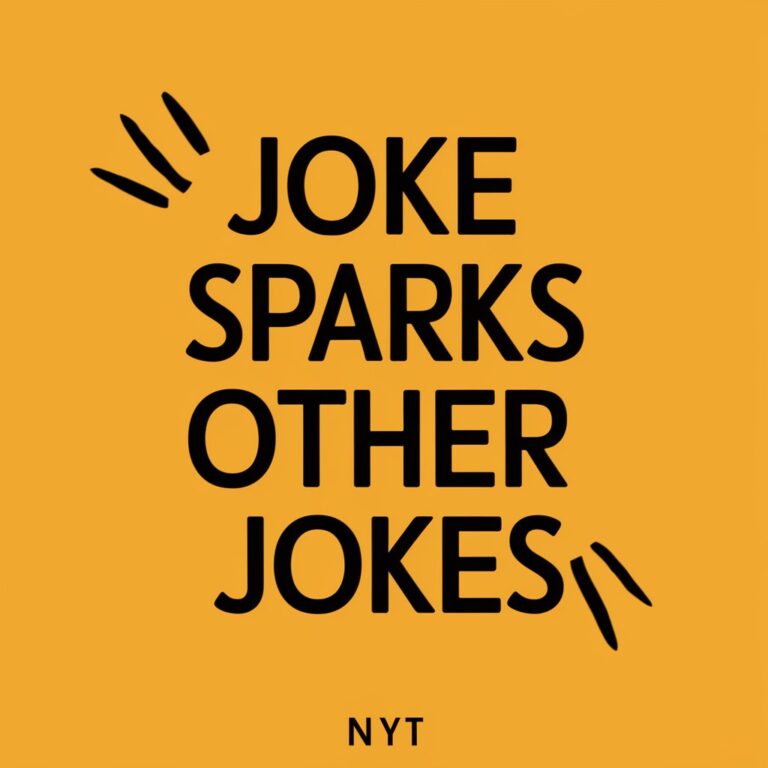
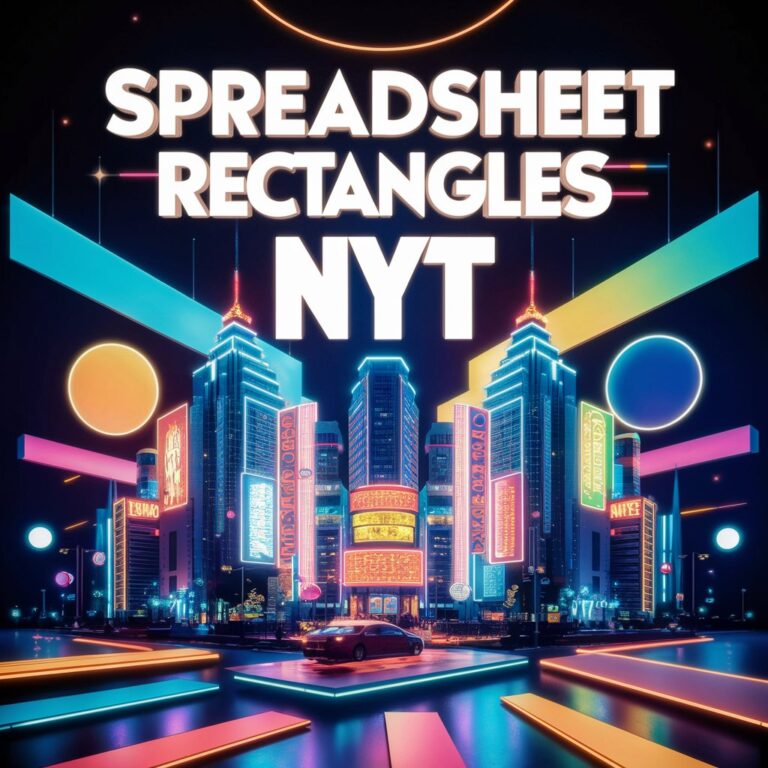

+ There are no comments
Add yours